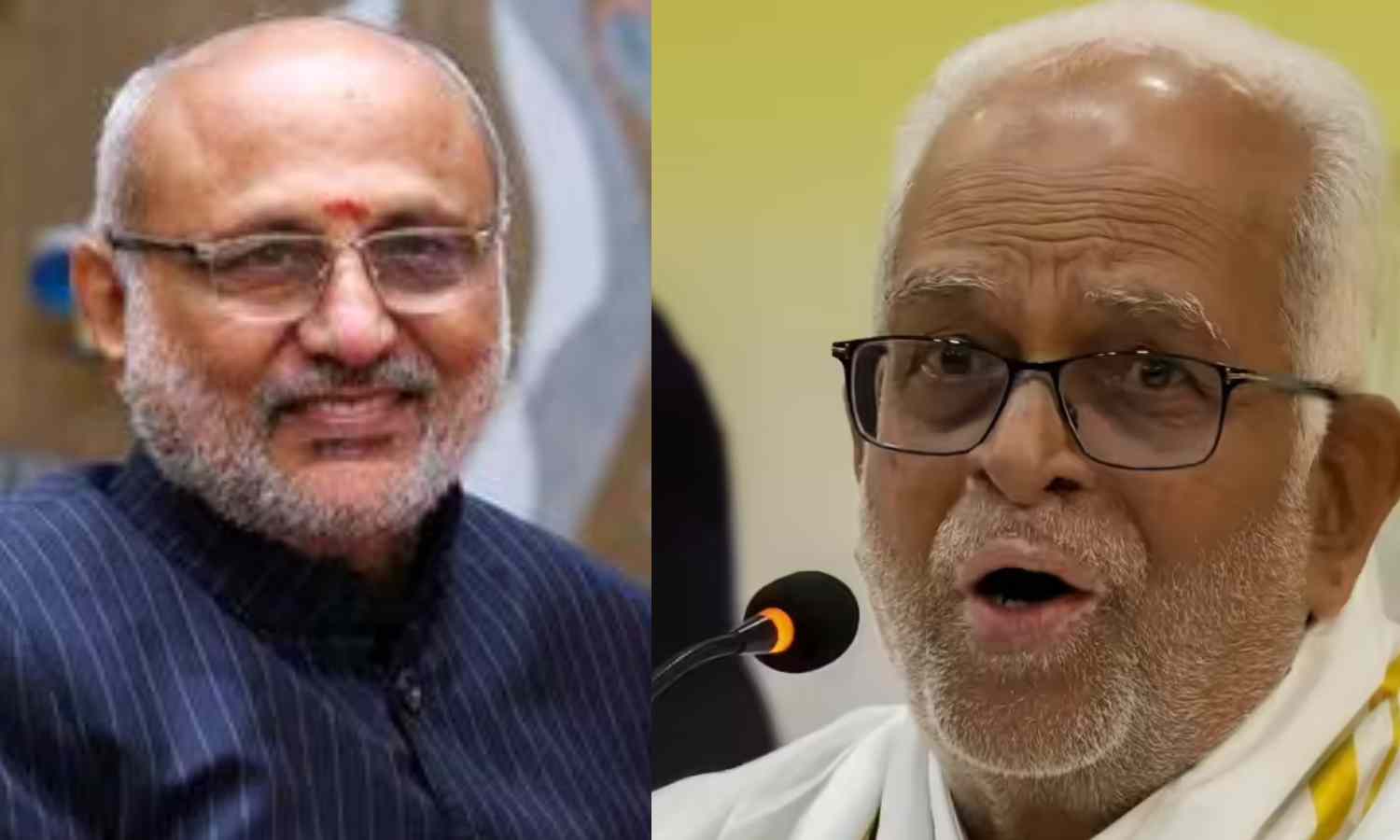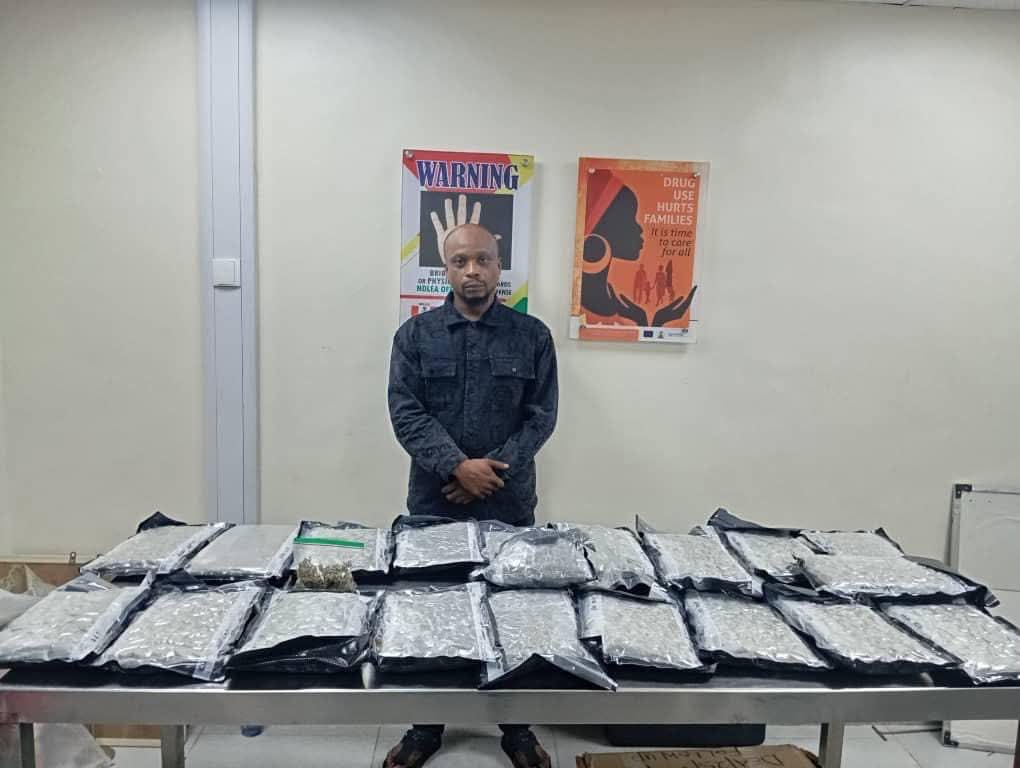Digital Arrest Scam: Two Women Held Hostage for Nine Hours by Fraudsters Posing as Police
The women were also threatened with nude images and videos recorded during the so-called medical examination, which the fraudsters claimed was necessary to identify birthmarks and moles.
According to the FIR, a 46-year-old Bengaluru woman reported that she and her childhood friend, an international instructor based in Thailand who was currently visiting India, were scammed by individuals impersonating police officials from the Colaba Police Station in Mumbai.
The ordeal began on July 17, when at around 11 am, the woman’s friend received a call from the fraudsters, who falsely accused her of being involved in a “Jet Airways scam.” The fraudsters further alleged her involvement in “money laundering, trafficking, and even murder.” To add credibility to their claims, the scammers shared accurate bank card details.
Fearing serious consequences, the women complied with the fraudsters’ demands and transferred Rs 58,477 to a specified bank account, as instructed. They were also shown what appeared to be official documents—an arrest warrant and other paperwork supposedly from the CBI—related to money laundering.
The fraudsters then claimed that a medical examination was required to verify marks or tattoos on their bodies. They instructed the women to strip naked and follow their directions, which they did. The fraudsters then told the women they were under digital and home arrest, ordering them to remain on a WhatsApp video call for 24 hours. The victims were told they could not leave the house as they were being monitored.
Later, the childhood friend managed to contact another friend via WhatsApp, who advised her to disconnect the call. Upon realizing they were being scammed, they ended the video call. Shortly afterward, the fraudsters sent them the nude photos they had captured during the fake medical examination, threatening to release them publicly.
For about nine hours, the women were subjected to continuous harassment, causing them extreme stress and emotional trauma, according to the complaint.
Based on the complaint, a case was registered under relevant sections of the Information Technology Act and Section 318(4) (cheating) of the Bharatiya Nyaya Sanhita at the East CEN Crime Police Station on July 19. Police said the matter is under investigation.
“Digital arrest” is a term used in cyber fraud cases where victims are falsely informed that they are under surveillance or in legal custody through digital means. In such scams, victims are often isolated by continuous video or call surveillance from fraudsters impersonating government officials and manipulated into following instructions, often leading to extortion or fraud.









